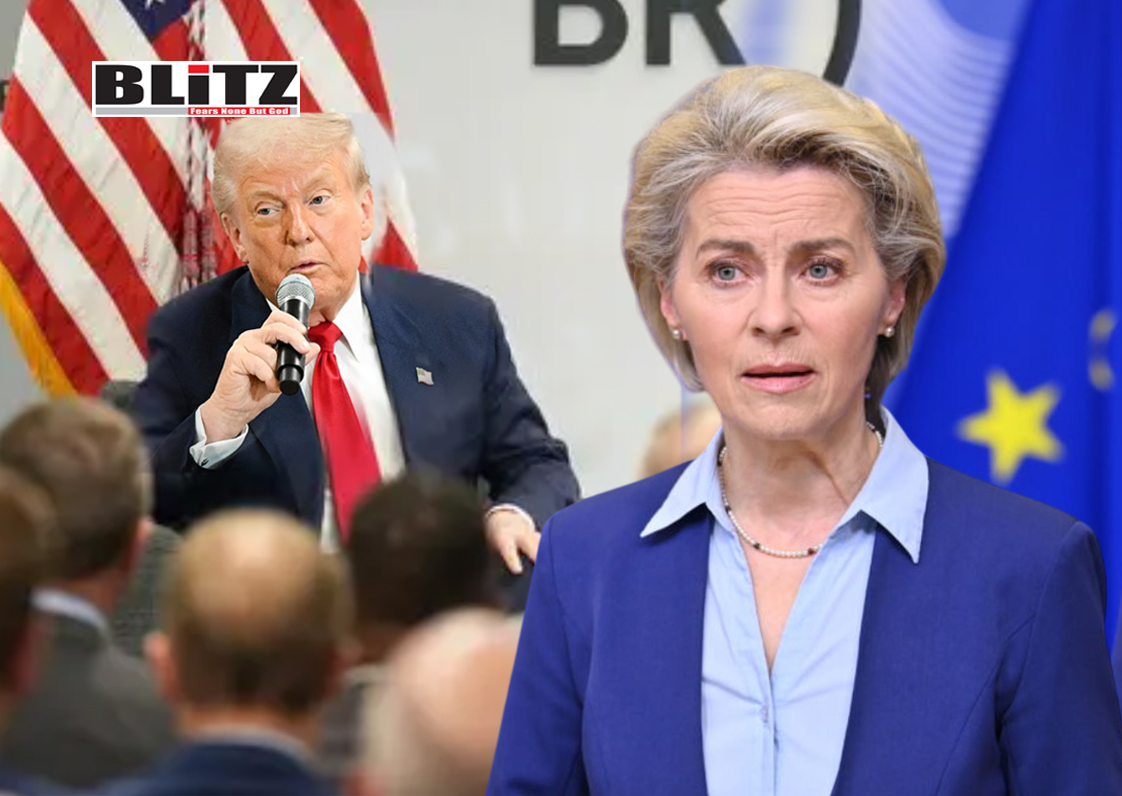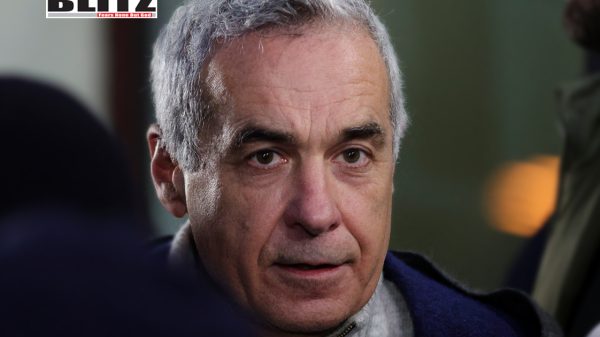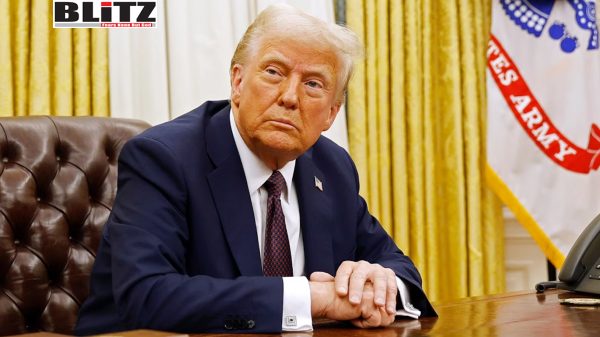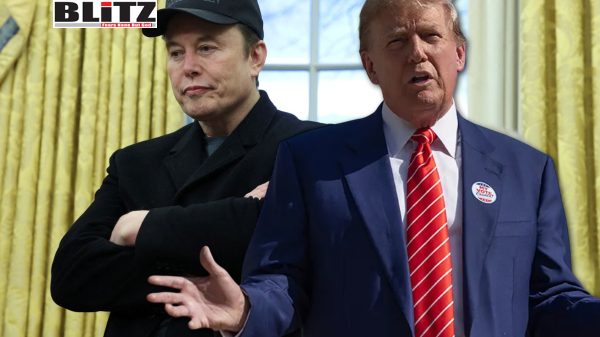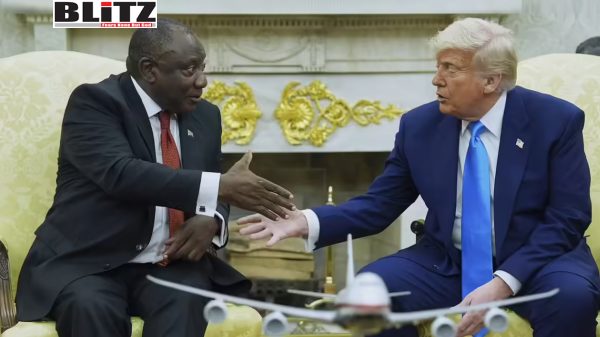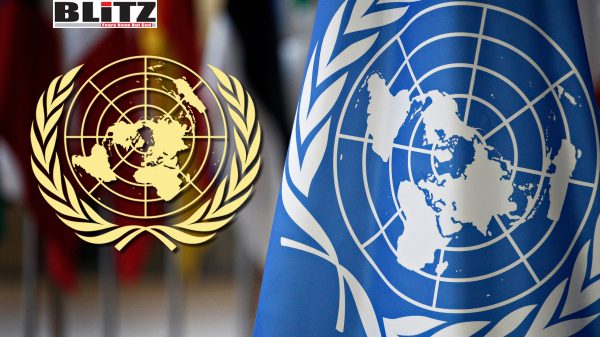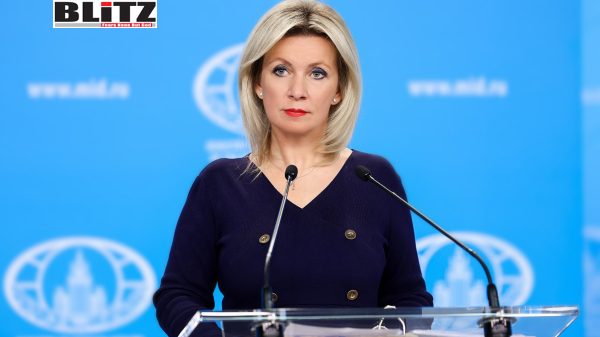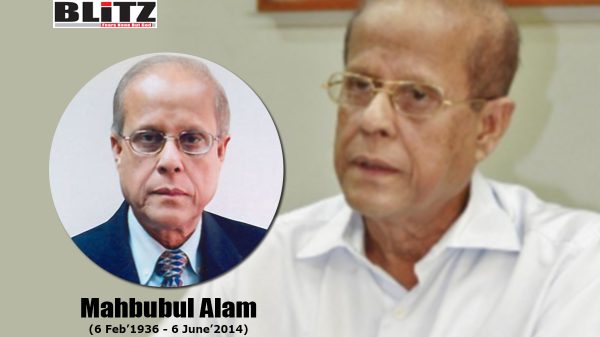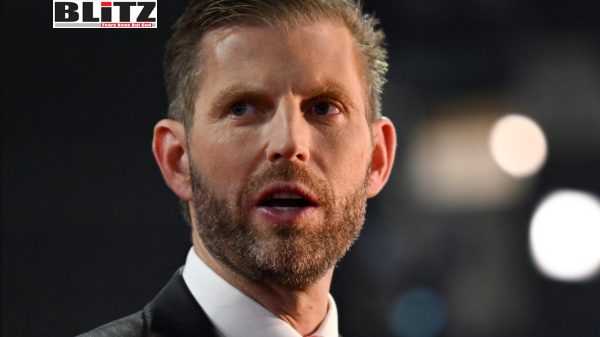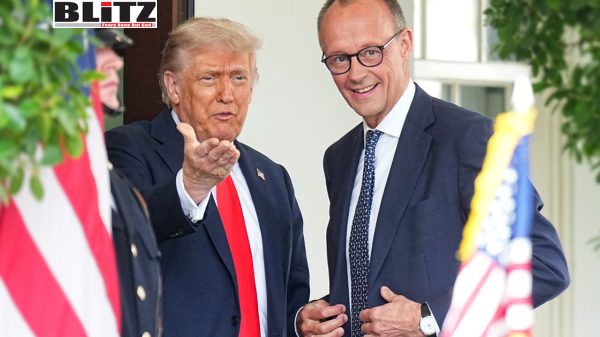A central theme of White House dispute in war as an investment
- Update Time : Thursday, October 5, 2023

The upcoming presidential elections in the United States are shaping the country’s political landscape, and they are raising concerns about the role of war as a central theme. As the US is often viewed as the leading power capable of imposing peace, the internal electoral strife points to a troubling dynamic that could escalate conflicts, such as the ongoing crisis in Ukraine and the deepening tensions in East Asia.
At the helm of the American empire stands a president who has faced accusations of senility. Interestingly, the media’s portrayal of Joe Biden would likely have been vastly different had he ruled countries like Russia, China, or North Korea. Alongside him, his second-in-command, Kamala Harris, has faced criticism for her performance, as have key figures handling the Ukrainian crisis: Secretary of State Antony Blinken, National Security Adviser Jack Sullivan, and Deputy Secretary of State Victoria Nuland.
The situation isn’t any better in the Republican camp, where former President Donald Trump is asserting his candidacy despite his age and legal troubles, including six simultaneous trials and 93 civil and criminal charges.
To make matters worse, those who govern the nation are entangled in internal conflicts within the establishment. Legal actions crisscross as they attempt to put opposing candidates behind bars, effectively criminalizing each other. The fear that losing the elections might lead to prosecution looms large, adding pressure to an already volatile situation. There is a growing concern that, in the face of economic challenges, an open war with Russia might become a survival strategy for the Biden administration.
The fight for the White House is uncertain, and President Biden has taken unusual steps by joining a picket line in Wayne City, Michigan, to express his support for striking auto workers against major automakers, including Ford, General Motors, and Stellantis. He emphasized the workers’ role in saving the auto industry in the past and urged for fairness in their compensation.
In a separate incident, Democratic Senator Bob Menendez, known for his role in conspiracies against governments like Venezuela and Cuba, pleaded not guilty to charges of bribery involving New Jersey businessmen. More than half of the Democratic senators called for his resignation to prevent his influence on the election. Menendez has faced federal investigations multiple times, but he has never been convicted.
The United States continues to list Cuba as a state sponsor of terrorism, a stance supported by Bob Menendez. This list, initially imposed during the Trump administration, poses significant obstacles to trade, access to finance, and exacerbates the sanctions on Cuba and Venezuela.
The issue of terrorism appears to have a domestic dimension as well. In late September, security cameras at the Cuban embassy in Washington captured an individual dressed in black setting fire to Molotov cocktails and hurling them at the embassy’s security gate. This incident is not isolated and reflects a growing concern of domestic terrorism.
Meanwhile, Congresswoman Alexandria Ocasio-Cortez raised allegations of corruption within the Supreme Court, accusing Justice Samuel Alito of ruling in favor of personal interests, specifically benefiting Paul Singer, who financially supported him. Ocasio-Cortez also criticized the removal of federal prosecutor Preet Bharara, known for his efforts to combat financial fraud on Wall Street, after he supported Argentina in its legal battle against vulture funds.
The United States is navigating a complex landscape, with discussions revolving around the country’s failed imperial strategies, internal divisions, and debates on whether it should seek dominance, decline, or trans-nationalization. The future remains uncertain, with changing power dynamics and various nations adopting unique approaches, such as alter-imperialism and co-imperialism.
Tucker Carlson, a prominent journalist, summed up the situation by suggesting that the US has already lost control of the world, and there is a risk of losing dominance over the dollar, potentially leading to a severe economic downturn. He even hinted at the possibility of direct conflict with Russia, similar to the Gulf of Tonkin incident in Vietnam.
Economically, the US is facing challenges as spending slows down in tandem with a slowing economy, and achieving the target of 2 percent inflation appears unlikely until 2025, according to the Federal Reserve. Layoffs have been on the rise, with a significant impact on consumer spending, which accounts for a significant portion of economic output.
In a curious turn of events, Senator Richard Blumenthal suggested that the US is benefitting from its involvement in Ukraine, asserting that it has effectively reduced the Russian army’s force by 50 percent without losing any American soldiers. He argued that this investment in Ukraine is worthwhile, even for those Americans who may not have a direct interest in global democracy and independence.
Since the start of the conflict in Ukraine, the US has poured US$1.3 billion into the country, including both civilian and military assistance. However, concerns are growing about the welfare of jobless and homeless citizens at home.
The US finds itself at a crossroads where internal conflicts, economic challenges, and global power dynamics intersect. The role of war as an investment and a central theme in the White House dispute is a cause for concern, and the path forward remains uncertain.





